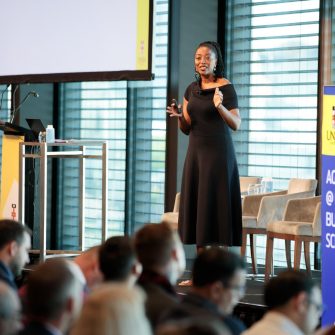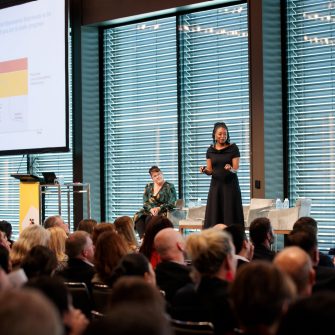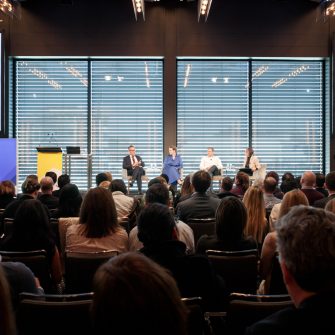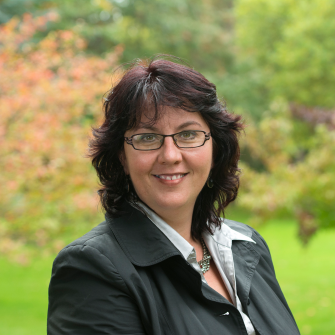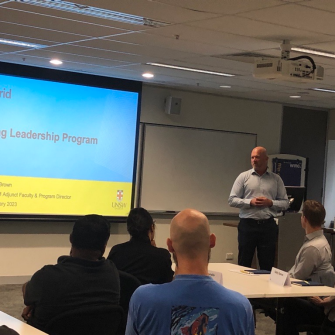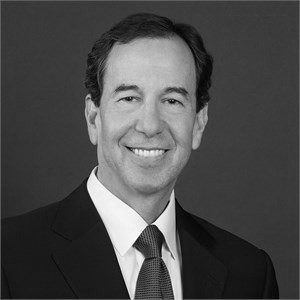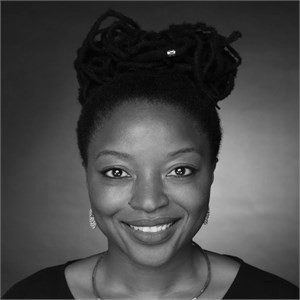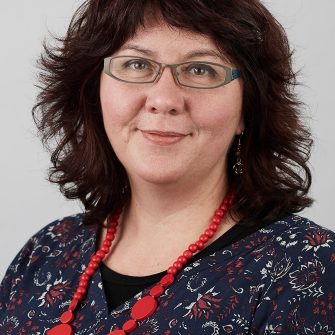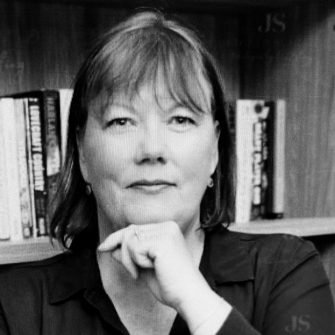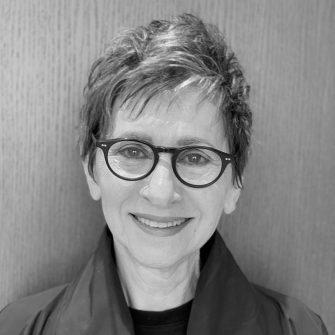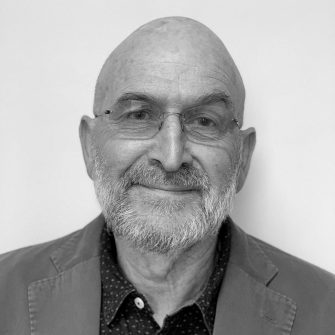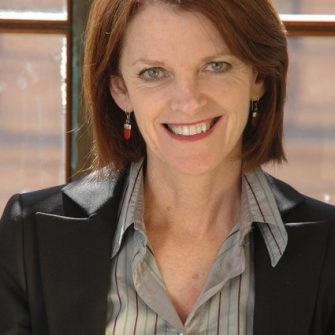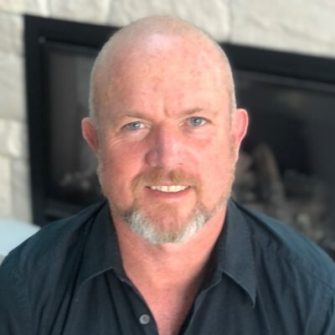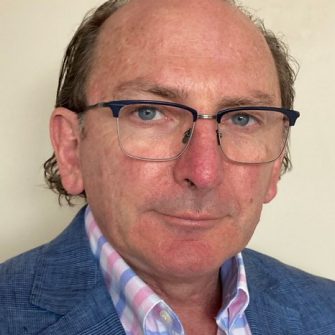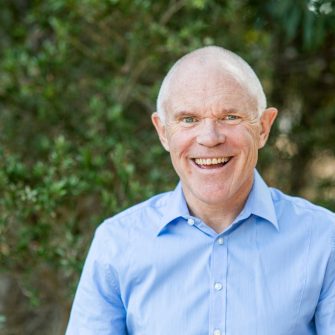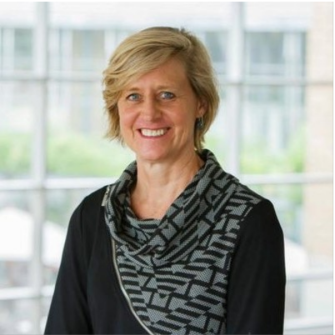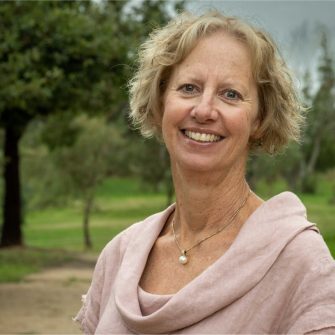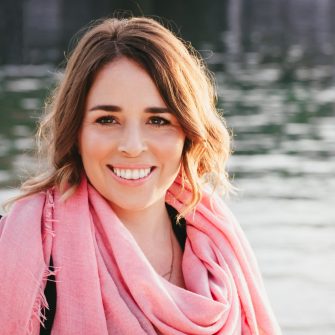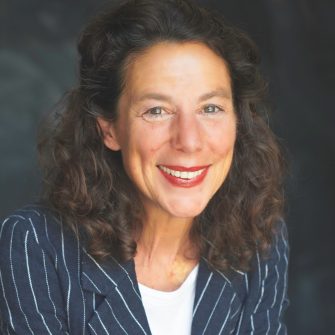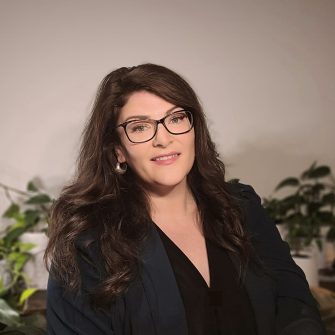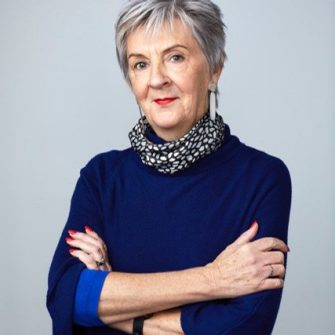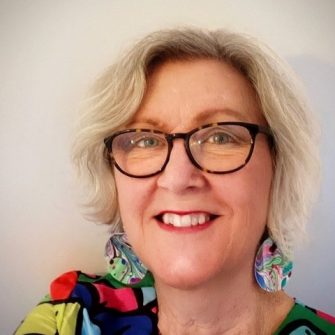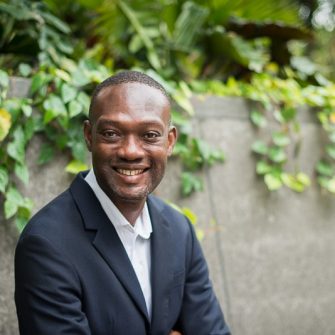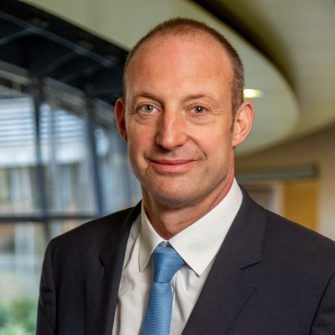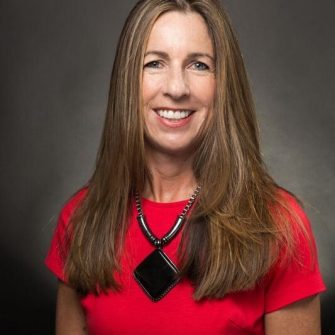Welcome to the Academy of Adaptive Leadership
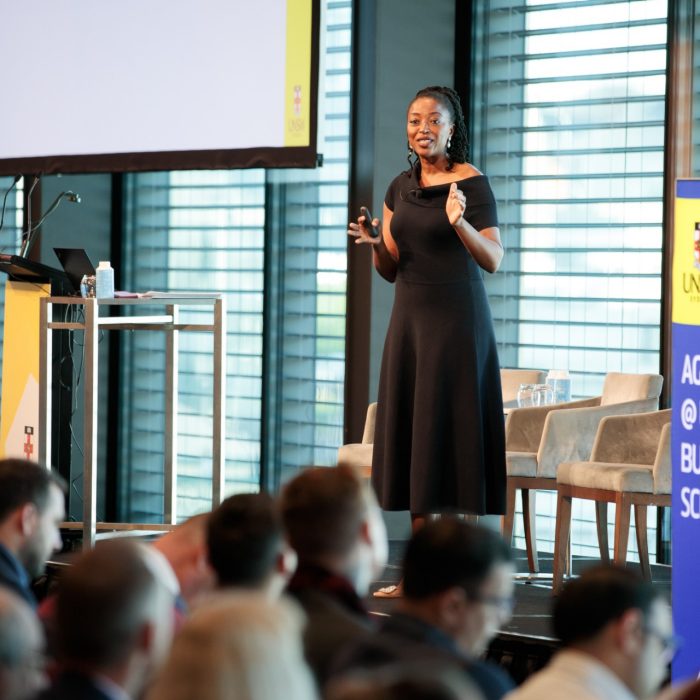
Our complex world needs a new approach to leadership now more than ever. An approach that brings together collective action and isn’t afraid to experiment with bold, new ideas.
We provide research, coaching and bespoke training to help leaders adopt and implement adaptive leadership practices so they can thrive in turbulent times, help societies make progress and advance communities and opportunities within – and between – their jurisdictions.
What is adaptive leadership?
In a fast-paced, complicated environment, change initiatives need to succeed.
Yet too many of them fail.
And often, it is because people diagnose problems incorrectly and try to apply the wrong solution.
An adaptive leadership model offers tools and a framework to help leaders correctly identify problems and apply the right approach to tackle them. Based on more than 40 years of research, it develops leaders’ capacity to respond to complex adaptive challenges and mobilise people to make progress on these issues.
Why adaptive leadership
Traditional fixes won’t help our communities tackle today’s problems.
Mainstream leadership frameworks often rely on a top-down approach, designed for technical challenges easily solved through resources, expertise and money.
But our societies are facing much deeper and more complex challenges that require deep listening, engagement, empathy and collaboration.
Adaptive leadership helps organisations face complex challenges head-on by:
- Viewing leadership as a practice, not a position
- Shifting leadership from domination and control towards collaboration and care
- Requiring everyone to play a part in making progress on difficult challenges
- Adding to a leader’s repertoire, rather than replacing available tools
- Emphasising contextual awareness, diagnosis and curiosity rather than solutions
- Encouraging both strategic and operational thinking
- Embracing diverse thinking and experiences to unlock new perspectives
- Giving leaders confidence to sort through the messy complexities of the world
Adaptive leadership encourages us to slow down so we can hurry up – and provides deliberate, thoughtful ways to reframe our routines and bring mindfulness to our actions and assumptions. And by seeking out progress rather than solutions, it allows for innovation and strategy to emerge.
What we do
At the Academy of Adaptive Leadership, we empower today’s leaders to take a more holistic view when addressing modern-day challenges.
We provide a one-stop shop to help private, public and civil sectors in the Indo-Pacific region respectfully harness the best of different cultures, genders and histories and forge new ways of making progress through adaptive leadership.
Based at the University of New South Wales (Canberra) and Australian Graduate School of Management (UNSW Sydney), we provide research, education, curriculum development and bespoke training options.
If you are facing messy, complex challenges, talk to us today.
Email: adaptiveleadership@unsw.edu.au
How we work
We partner with the global founders and leading experts of adaptive leadership at Harvard University, including Professors Ron Heifetz, Marty Linsky and Farayi Chipungu, as well as the award-winning Kansas Leadership Center and previous Harvard-KSG visiting faculty Maxime Fern and Dr. Michael Johnstone.
Our faculty, staff and coaches have deep expertise and experience in adaptive leadership practice and scholarship. We build off this combined wisdom of long-standing adaptive leadership practitioners and newly emerging adaptive leadership innovators. We are proud to partner with founders and members of the Australian Adaptive Leadership Institute (AALI) and Adaptive Leadership Australia (ALA).
Contact Us:
If you have any questions or would like to learn more about The Academy of Adaptive Leadership at UNSW, please contact Anya Holzman.
Learn more about the Advanced Adaptive Leadership Program
This unique three-day immersion program will allow you to seize new opportunities and create real and meaningful impact for your organisation – regardless of the challenges ahead.

